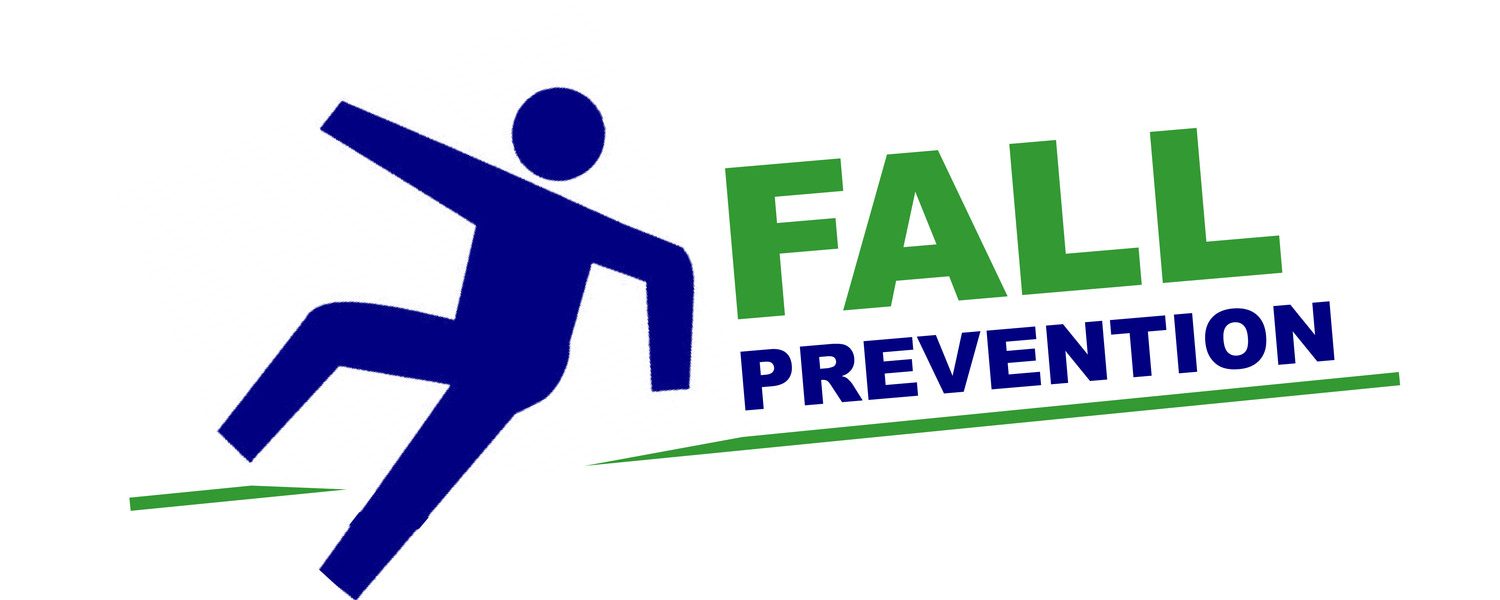Falls are a common problem, especially among older adults. They can lead to serious injuries, reduced mobility, and a decreased quality of life. However, by taking preventive measures, you can significantly reduce your risk of falling.
Common Causes of Falls
- Muscle Weakness: Weak muscles, particularly in the legs, can make it difficult to maintain balance.
- Poor Vision: Vision problems can impair depth perception and balance.
- Medications: Certain medications can cause dizziness, drowsiness, or other side effects that increase the risk of falls.
- Environmental Hazards: Clutter, loose rugs, and poor lighting can create tripping hazards.
Preventive Measures
- Regular Exercise:
- Strength training: Focus on exercises that strengthen your core, legs, and balance.
- Balance exercises: Practice yoga, tai chi, or other balance-enhancing activities.
- Home Safety:
- Remove clutter and tripping hazards.
- Use non-slip mats in the bathroom.
- Install grab bars in the bathroom and near stairs.
- Improve lighting, especially in hallways and stairwells.
- Vision Care:
- Get regular eye exams to detect and correct vision problems.
- Wear appropriate eyeglasses or contact lenses.
- Medication Review:
- Review your medications with your doctor to identify potential side effects that may increase your risk of falling.
- Take medications as prescribed and avoid self-medication.
- Assistive Devices:
- Use assistive devices like canes or walkers if needed.
- Consider installing a stairlift if you have difficulty climbing stairs.
Additional Tips
- Wear appropriate footwear: Avoid loose-fitting slippers or shoes with slippery soles.
- Be mindful of your surroundings: Pay attention to your surroundings, especially in unfamiliar places.
- Stay hydrated: Dehydration can lead to dizziness and falls.
- Get enough sleep: Adequate sleep is essential for alertness and balance.
By taking these preventive measures and consulting with your healthcare provider, you can significantly reduce your risk of falling and maintain your independence.




